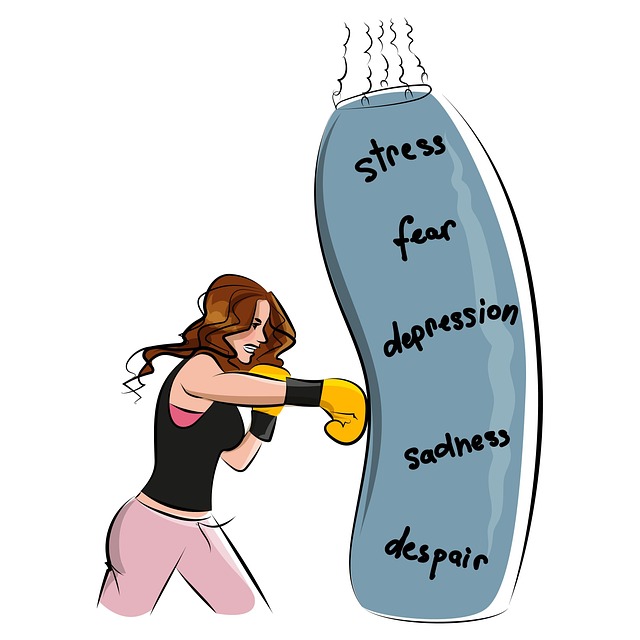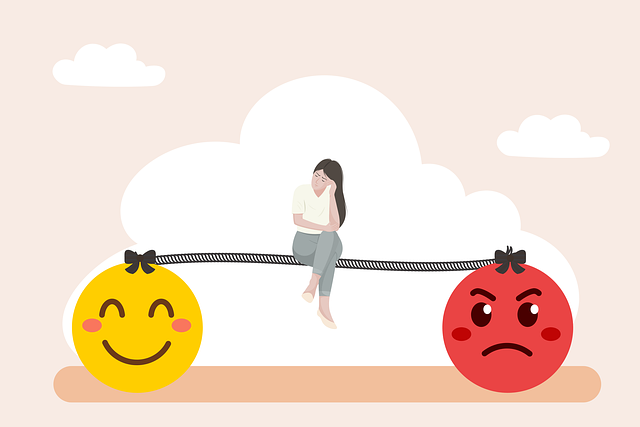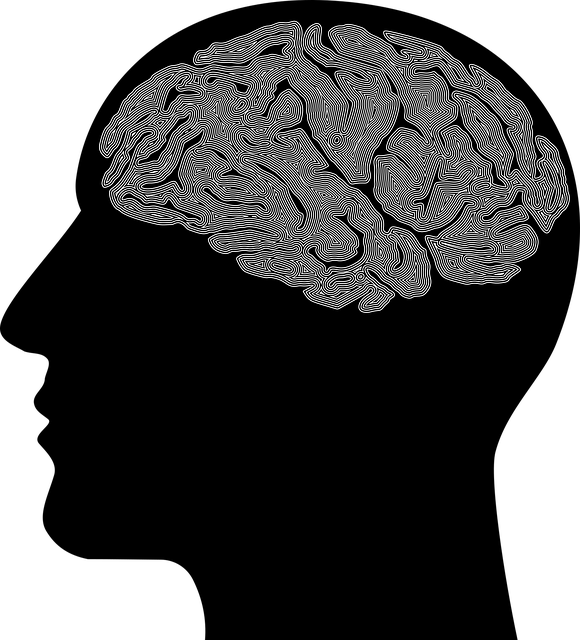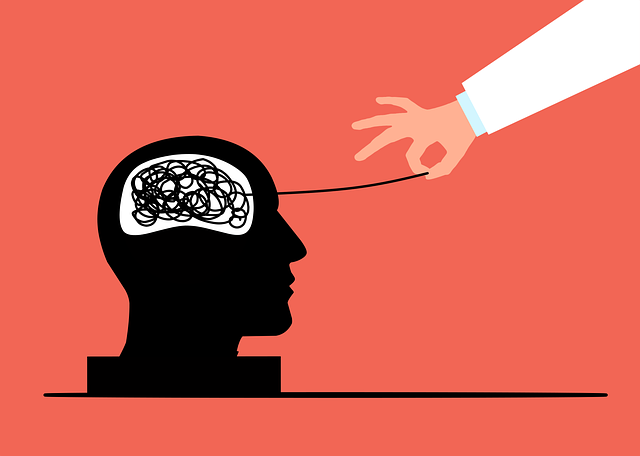Stress is a significant concern among elders, stemming from financial worries, health issues, and isolation. Effective management requires understanding unique stressors and using tools like therapy (including couple's therapy) and robust support networks. Open family conversations and improved communication address emotional wounds and resolve conflicts, fortifying relationships. Policy advocacy ensures accessible mental health services tailored to the elderly, fostering better mood management. Therapy techniques like CBT and self-care routines empower older adults to challenge negative thought patterns and enhance overall well-being, specifically targeting couples' communication issues. Community outreach programs can offer workshops focused on improving elders' communication skills.
Stress reduction is a vital aspect of maintaining well-being, especially for elders and couples facing communication issues. This article explores effective strategies to combat stress, focusing on tailored therapy techniques for older adults and the power of enhanced communication in relationships. By delving into these methods, we aim to provide insights into improving mental health, fostering stronger bonds, and creating a calmer environment for both elderly individuals and couples. Discover practical ways to navigate and alleviate stress-inducing situations.
- Understanding Stress and Its Impact on Elders
- Therapy Techniques for Effective Stress Reduction in Older Adults
- Enhancing Communication to Alleviate Couple's Stressful Situations
Understanding Stress and Its Impact on Elders

Stress is a prevalent issue among elders, often stemming from various sources like financial worries, health problems, or feelings of isolation. As individuals age, their ability to cope with stress may diminish, leading to significant mental and physical health consequences. The impact can be profound, affecting overall well-being and quality of life. Understanding these stressors and their unique effects on the elderly population is crucial.
For elders, therapy and support systems play a pivotal role in managing stress. Engaging in open conversations with family members or participating in couple’s therapy can help address emotional healing processes and improve communication issues. Effective communication is essential for resolving conflicts and fostering strong relationships, which can act as buffers against the negative effects of stress. Additionally, mental health policy analysis and advocacy can ensure that services catering to the specific needs of older adults are accessible, promoting better mood management and overall mental well-being.
Therapy Techniques for Effective Stress Reduction in Older Adults

Therapy can be an incredibly effective tool for older adults seeking to reduce stress and improve their mental health. Techniques such as cognitive-behavioral therapy (CBT) help individuals identify and change negative thought patterns, providing them with coping strategies to manage stress. For elders experiencing couples communication issues, marriage or relationship counseling offers a safe space to address challenges and strengthen emotional connections, thereby reducing conflict and stress levels.
Integrating self-care routines into therapy is also beneficial for this demographic. By focusing on emotional healing processes, therapists can guide older adults in developing healthy coping mechanisms, such as mindfulness practices and relaxation techniques. Moreover, boosting confidence through therapeutic support enables them to face stressors with renewed resilience and a sense of empowerment, contributing to overall well-being.
Enhancing Communication to Alleviate Couple's Stressful Situations

Effective communication is a powerful tool for couples to navigate and alleviate stressful situations, especially as they age together. Therapy for elders couples often highlights the importance of open dialogue in managing marital challenges. By fostering a safe and non-judgmental environment, partners can express their feelings, needs, and concerns freely. This practice not only helps resolve immediate conflicts but also strengthens the emotional bond between them, serving as a crucial prevention method against burnout.
Promoting healthy communication involves active listening, empathy, and learning to navigate differences constructively. Community outreach program implementations targeting older adults can include workshops or seminars focused on improving couples’ communication skills. These initiatives aim to enhance emotional well-being by teaching techniques that allow partners to understand and support each other during stressful life stages, ensuring a more fulfilling and less contentious journey together.
Stress reduction is a multifaceted approach, particularly tailored for elders and couples facing unique challenges. By understanding the profound impact of stress on aging individuals and fostering open communication within relationships, effective strategies like therapy can significantly mitigate its adverse effects. Incorporating these methods into daily life offers a path to improved well-being and enhanced quality of life for both elders and their loved ones. For those seeking professional guidance, exploring specific therapy techniques designed for older adults and couples can be transformative, fostering resilience and promoting healthier, happier lives.










